ICCT LCA study finds only battery and hydrogen fuel-cell EVs have potential to be very low-GHG passenger vehicle pathways
Green Car Congress
JULY 21, 2021
The results show there is no realistic pathway to full decarbonization of internal combustion engine vehicles, and that only battery and hydrogen fuel-cell EVs have potential to be very low-GHG passenger vehicle pathways. This study uses recent data on industrial-scale battery production and considers regional battery supply chains.




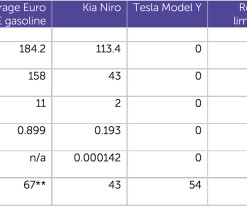
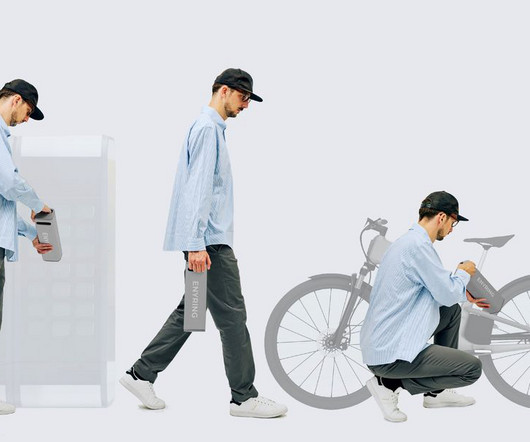

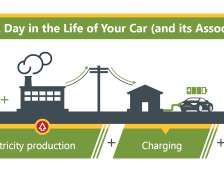

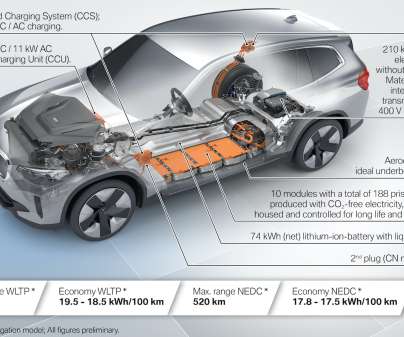
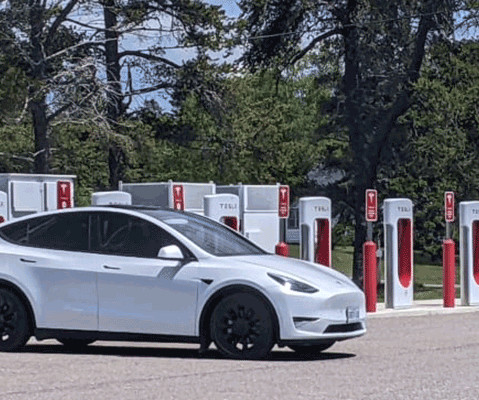







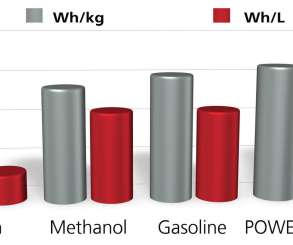








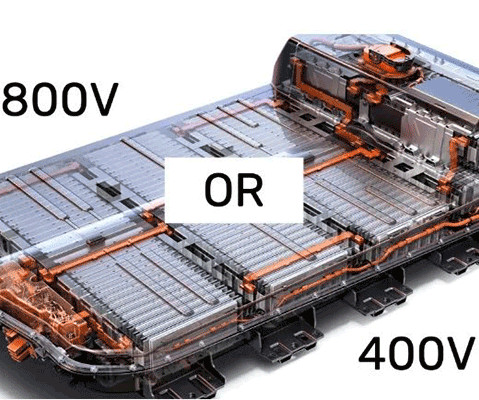

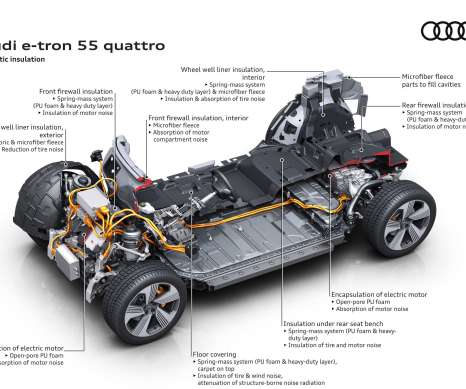
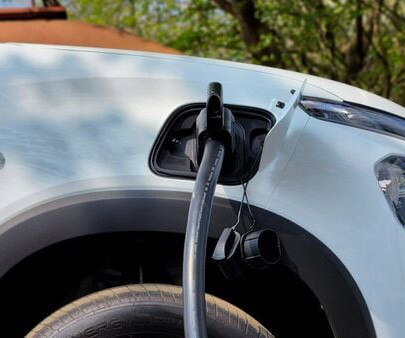


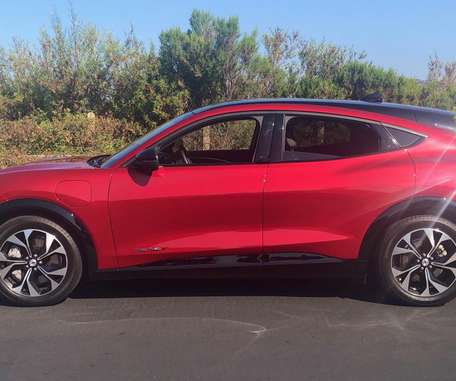

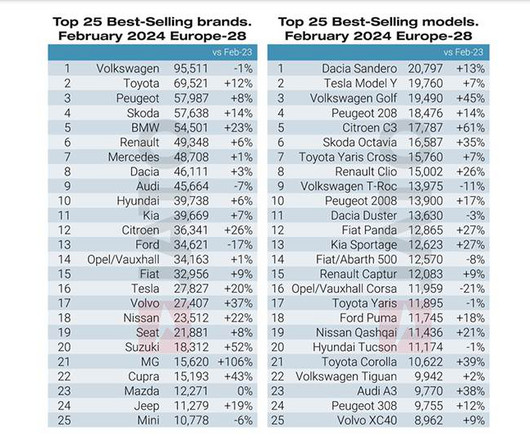
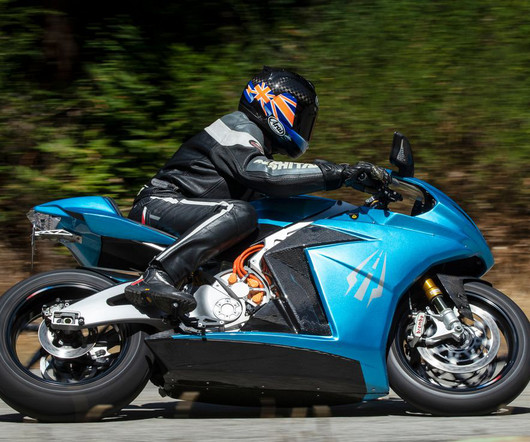
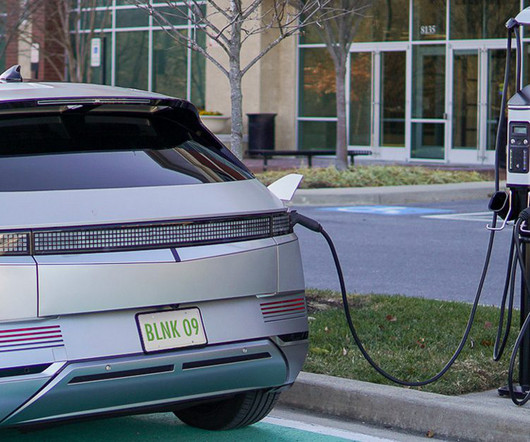






Let's personalize your content